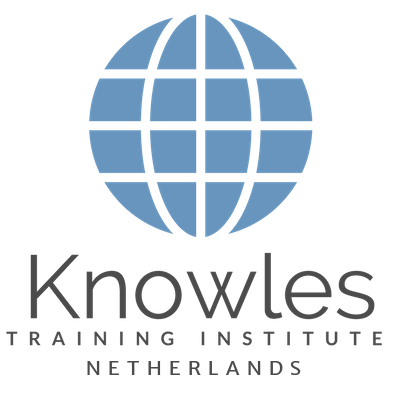Attention Management Lunch Talk in Netherlands
Welcome to a transformative exploration of attention management in the Netherlands, where the ability to focus amidst a sea of distractions is paramount in the fast-paced corporate landscape. Join us for an enlightening lunch talk as we delve into the art and science of managing attention, offering insights and strategies to enhance productivity, creativity, and well-being. Against the backdrop of the Netherlands’ innovative business culture, this talk promises to equip you with the tools and techniques needed to reclaim your focus, minimize distractions, and achieve peak performance in your professional endeavors.
In this interactive session, we’ll delve into the psychology of attention, exploring techniques such as mindfulness, time-blocking, and prioritization to optimize your cognitive resources and achieve greater efficiency. Whether you’re navigating the bustling streets of Amsterdam or the serene canals of Utrecht, this lunch talk will empower you to cultivate a focused mind amidst the chaos, enabling you to thrive in the competitive corporate landscape of the Netherlands. Join us and embark on a journey towards mastering attention management and unlocking your full potential.
Talk Objectives:
- Define Attention Management: Clarify the concept of attention management, including its importance and relevance in today’s information-rich world.
- Highlight Challenges: Showcase the challenges associated with attention management, such as information overload, multitasking, and constant interruptions, to increase awareness among participants.
- Explore Attentional Processes: Provide an overview of attentional processes, including selective attention, sustained attention, and divided attention, to understand how attention works and can be managed effectively.
- Discuss Cognitive Strategies: Introduce cognitive strategies for managing attention, such as mindfulness, mental training exercises, and attentional control techniques, to enhance focus and concentration.
- Offer Time Management Techniques: Present time management techniques, such as time-blocking, prioritization, and task batching, to optimize productivity and minimize distractions.
- Address Digital Distractions: Discuss strategies for dealing with digital distractions, such as email overload, social media notifications, and smartphone addiction, to regain control over technology use.
- Promote Workspace Organization: Advocate for workspace organization and ergonomics to create an environment conducive to focused work and minimize physical distractions.
- Encourage Mindfulness Practices: Encourage the practice of mindfulness and present-moment awareness to cultivate a calm and focused mind amidst external distractions.
- Provide Stress Management Techniques: Offer stress management techniques, such as relaxation exercises, deep breathing, and time-outs, to alleviate stress and improve attentional control.
- Empower Goal Setting: Empower participants to set SMART goals related to attention management, incorporating specific, measurable, achievable, relevant, and time-bound objectives to track progress and success.
As we conclude our exploration of Attention Management, we invite you to join us at our upcoming lunch talk in the Netherlands. This is your opportunity to gain invaluable insights, practical strategies, and transformative techniques to reclaim your focus and enhance your productivity in today’s fast-paced world.
Don’t miss out on this chance to unlock your full potential and achieve peak performance. Reserve your spot today and take the first step towards mastering attention management. Your participation in this lunch talk could be the key to achieving greater efficiency, effectiveness, and success in the competitive corporate landscape of the Netherlands.
More Information:
Duration: 60 minutes
Fees: $1299.97 USD 679.97
For more information please contact us at: contact@knowlesti.co.il
If you would like to register for this talk, fill out the registration form below.


